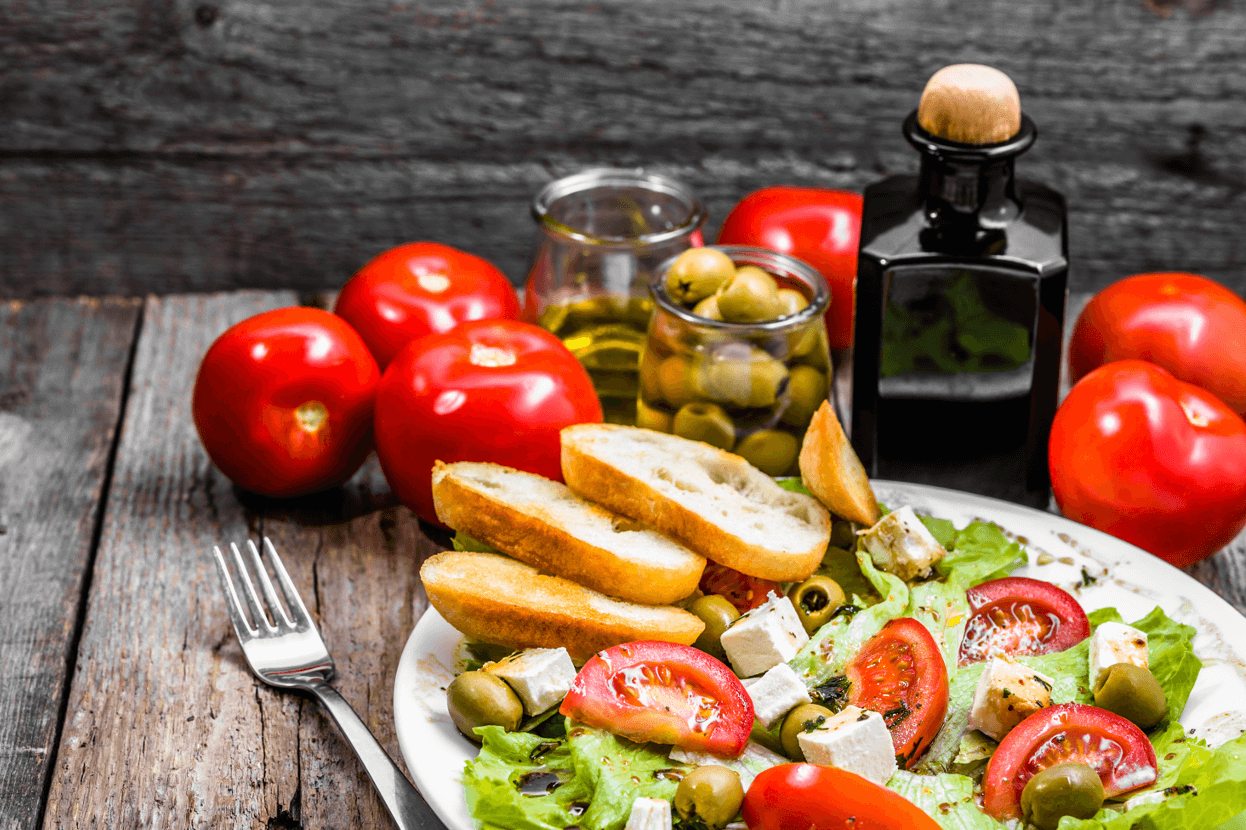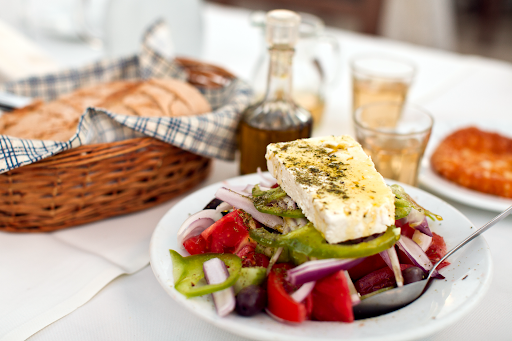Celebrate in Style: A Guide to Exquisite Wedding Catering

Your wedding day is a momentous occasion, a celebration of love and commitment. Every detail deserves meticulous attention, and the food is no exception. Wedding catering sets the tone for your reception, tantalizing taste buds and creating lasting memories for you and your guests.
This blog post delves into the world of wedding catering, providing a comprehensive guide to navigate this important aspect of your wedding planning. We’ll explore catering styles, menu planning tips, factors to consider when choosing a caterer, and essential questions to ask.
Finding Your Perfect Fit: Exploring Wedding Catering Styles
The beauty of wedding catering lies in its versatility. Here are some popular styles to consider:
- Formal Plated Dinner: This elegant option offers a pre-selected multi-course meal served by wait staff. Ideal for creating a sophisticated ambiance.
- Buffet-Style Catering: A more relaxed and interactive option with an array of stations offering various dishes. Perfect for larger weddings or those seeking a more casual atmosphere.
- Cocktail Reception with Hors d’oeuvres: Great for shorter receptions or an after-party setting. Guests can mingle and enjoy a variety of bite-sized appetizers and drinks.
- Food Truck Catering: A trendy and fun option, especially for outdoor weddings. Guests can enjoy gourmet street food from a variety of trucks.
- Live Cooking Stations: Interactive and visually appealing, live cooking stations allow guests to witness culinary magic as chefs prepare dishes right before their eyes.
Pro Tip: Consider your wedding theme, guest preferences, and budget when choosing your catering style.
Menu Magic: Crafting a Delicious and Memorable Wedding Feast
Your wedding menu is a reflection of your taste and sets the tone for the celebration. Here are some tips for crafting a crowd-pleasing menu:
- Variety is Key: Offer a selection of dishes to cater to different dietary preferences and tastes. Consider vegetarian, vegan, and gluten-free options.
- Seasonal Ingredients: Seasonal produce is often fresher and more flavorful. Opt for locally sourced ingredients whenever possible.
- Balance and Harmony: Strike a balance between familiar favorites and introduce new and exciting flavors. Don’t forget to include sweet treats for dessert!
- Food Allergies and Preferences: Be mindful of any dietary restrictions or allergies among your guests. Discuss these with your caterer to ensure everyone has delicious options.
- Don’t Forget the Drinks: Pair your food with a selection of beverages to complement the flavors. Consider offering a signature cocktail and a variety of non-alcoholic options.
Remember: Schedule a tasting for wedding catering to try various dishes and ensure the menu aligns with your vision.
Choosing Your Culinary Partner: Factors to Consider When Selecting a Wedding Caterer
Selecting the right wedding caterer is crucial. Here are some key factors to consider:
- Experience: Choose a caterer with a proven track record of creating exceptional wedding experiences.
- Reputation: Read online reviews and ask for recommendations from friends, family, or wedding venues.
- Services Offered: Does the caterer offer full-service catering, including staff, equipment, and rentals?
- Menu Customization: Can the caterer tailor the menu to your specific preferences and dietary needs?
- Pricing and Packages: Get quotes from several caterers and compare pricing structures and packages offered.
- Availability: Ensure the caterer is available on your wedding date and can accommodate your guest count.
Pro Tip: Schedule consultations with multiple caterers to discuss your vision, ask questions, and feel their vibe.
Ensuring a Seamless Celebration: Key Questions to Ask Your Wedding Caterer
Communication is key to a successful wedding catering. Here are some essential questions to ask your caterer:
- Do you offer tastings, and if so, what is the cost?
- What is the process for handling dietary restrictions and allergies?
- What staffing is included in your catering packages?
- Do you offer bar services, or can we hire a separate vendor?
- What happens to leftover food?
- What is your cancellation policy?
Remember: A good caterer should be transparent, responsive, and willing to answer all your questions thoroughly.
Your Dream Wedding Feast Awaits: Planning with Confidence
Wedding catering is an investment that sets the stage for an unforgettable celebration. By exploring different styles, crafting a delicious menu, choosing the right caterer, and asking the essential questions, you can ensure your wedding reception is a culinary masterpiece that reflects your unique love story. Now, go forth and plan your dream wedding feast with confidence!










